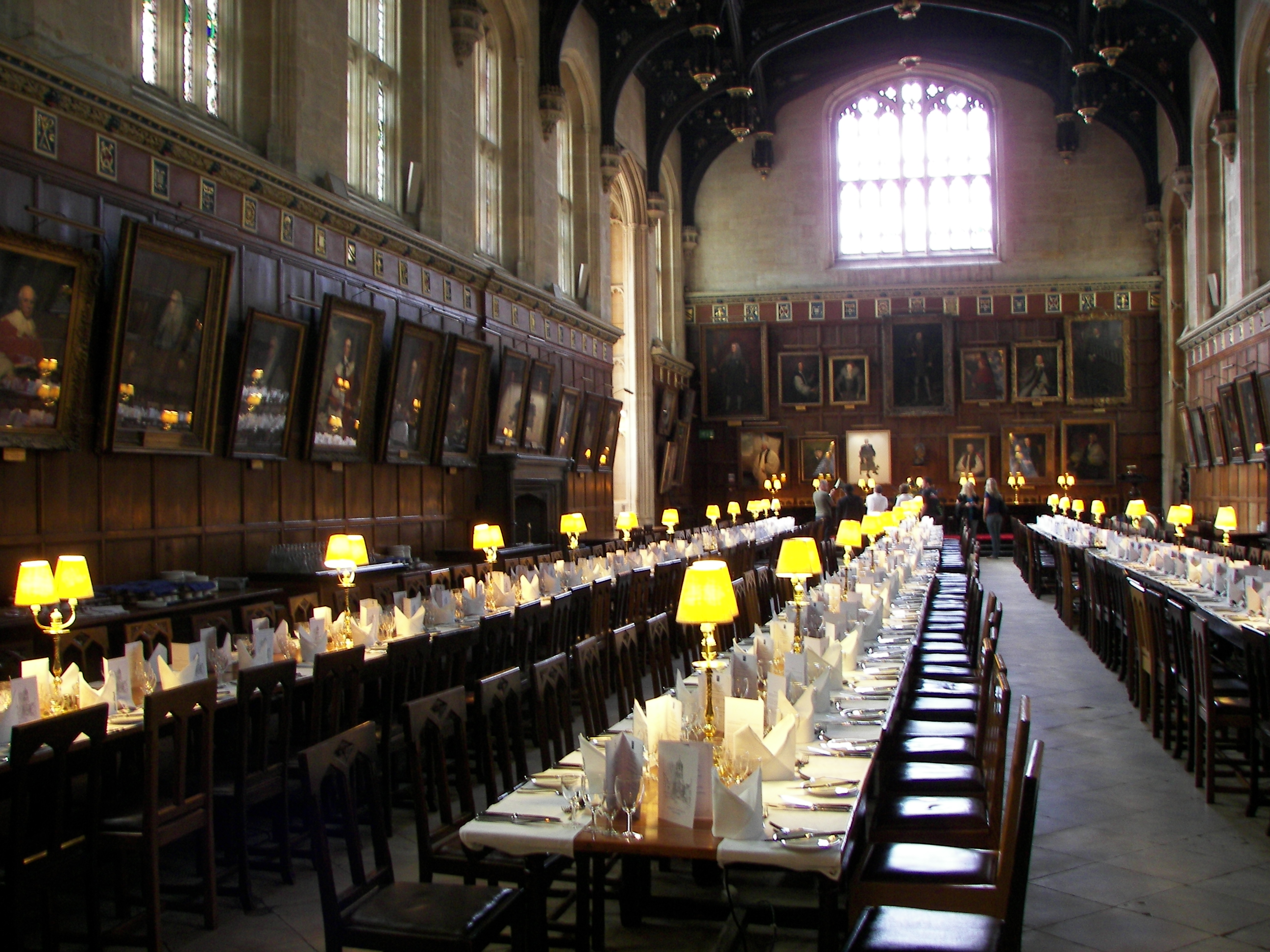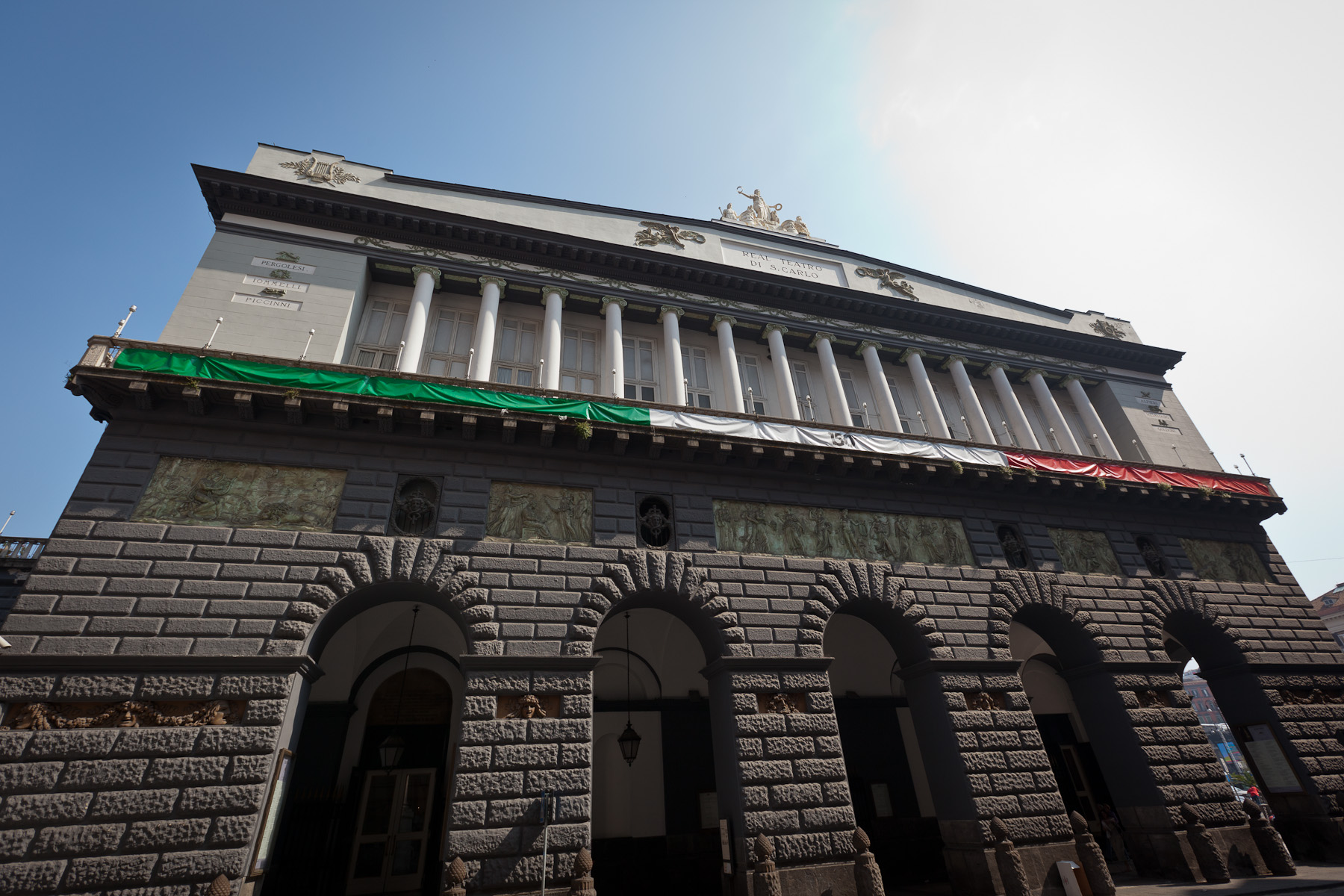|
Karolos Trikolidis
Karolos Trikolidis (24 July 1947 – 20 January 2022) (german: Karl Kaspar Trikolidis, el, Κάρολος Τρικολίδης) was a conductor of Greek- Austrian origin. Life and career Trikolidis was born in Bad Aussee, Allied-occupied Austria, to a Greek father and Austrian mother. He studied at the music universities of Vienna and Salzburg. He studied violin with Günter Pichler, composition with Alfred Uhl and Cesar Bresgen, percussion with Richard Hochrainer and conducting with Hans Swarowsky and Miltiades Caridis. He took part as active participant in the annual masterclasses of Franco Ferrara, Pierre Boulez and Herbert von Karajan. Along with Swarowsky and Caridis, he received conducting lessons by composer and conductor Bruno Maderna. He started to work as assistant to Giuseppe Patanae and Sir Adrian Boult, and after competing in Paris he was chosen to work as selected fellowship conductor of the Boston Symphony Orchestra next to Leonard Bernstein, Seiji O ... [...More Info...] [...Related Items...] OR: [Wikipedia] [Google] [Baidu] |
Kingdom Of Greece
The Kingdom of Greece ( grc, label=Katharevousa, Greek, Βασίλειον τῆς Ἑλλάδος ) was established in 1832 and was the successor state to the First Hellenic Republic. It was internationally recognised by the Treaty of Constantinople (1832), Treaty of Constantinople, where Greece also secured its full independence from the Ottoman Empire after nearly four centuries. The Kingdom of Greece was dissolved in 1924 and the Second Hellenic Republic was established following Greece's defeat by Turkey in the Asia Minor Campaign. A military ''coup d'état'' restored the monarchy in 1935 and Greece became a Kingdom again until 1973. The Kingdom was finally dissolved in the aftermath of a Greek military junta of 1967–1974, seven-year military dictatorship (1967–1974) and the Third Hellenic Republic was established following a 1974 Greek republic referendum, referendum held in 1974. Background The Greek-speaking Byzantine Empire, Eastern Roman Empire, also known as Byz ... [...More Info...] [...Related Items...] OR: [Wikipedia] [Google] [Baidu] |
Sir Adrian Boult
Sir Adrian Cedric Boult, CH (; 8 April 1889 – 22 February 1983) was an English conductor. Brought up in a prosperous mercantile family, he followed musical studies in England and at Leipzig, Germany, with early conducting work in London for the Royal Opera House and Sergei Diaghilev's ballet company. His first prominent post was conductor of the City of Birmingham Orchestra in 1924. When the British Broadcasting Corporation appointed him director of music in 1930, he established the BBC Symphony Orchestra and became its chief conductor. The orchestra set standards of excellence that were rivalled in Britain only by the London Philharmonic Orchestra (LPO), founded two years later. Forced to leave the BBC in 1950 on reaching retirement age, Boult took on the chief conductorship of the LPO. The orchestra had declined from its peak of the 1930s, but under his guidance its fortunes were revived. He retired as its chief conductor in 1957, and later accepted the post of pres ... [...More Info...] [...Related Items...] OR: [Wikipedia] [Google] [Baidu] |
Europe
Europe is a large peninsula conventionally considered a continent in its own right because of its great physical size and the weight of its history and traditions. Europe is also considered a subcontinent of Eurasia and it is located entirely in the Northern Hemisphere and mostly in the Eastern Hemisphere. Comprising the westernmost peninsulas of Eurasia, it shares the continental landmass of Afro-Eurasia with both Africa and Asia. It is bordered by the Arctic Ocean to the north, the Atlantic Ocean to the west, the Mediterranean Sea to the south and Asia to the east. Europe is commonly considered to be separated from Asia by the watershed of the Ural Mountains, the Ural River, the Caspian Sea, the Greater Caucasus, the Black Sea and the waterways of the Turkish Straits. "Europe" (pp. 68–69); "Asia" (pp. 90–91): "A commonly accepted division between Asia and Europe ... is formed by the Ural Mountains, Ural River, Caspian Sea, Caucasus Mountains, and the Blac ... [...More Info...] [...Related Items...] OR: [Wikipedia] [Google] [Baidu] |
Ballet National De Marseille
The Ballet National de Marseille is a dance company based in Marseille, France. The company combines modern dance and classical ballet. Overview The Ballet National de Marseille was founded by the dancer and choreographer Roland Petit in 1972. The company's first production was the ''Pink Floyd Ballet''. Roland Petit's young daughter had given him a Pink Floyd album and told him he should make a ballet from it. The idea matured, and the ballet eventually debuted in Marseille at the Palais des Sports. The band itself performed at the first show. Since then the ''Pink Floyd Ballet'' has been staged several times in cities around the world. Under Roland Petit the company's program included modern dance featuring Petit's wife Zizi Jeanmaire. In 1992 the École Nationale Supérieure de Danse de Marseille (Marseille National Higher School of Dance) was established. The company and the school were housed in a new building with a 300-seat theater and nine rehearsal studios, two of whi ... [...More Info...] [...Related Items...] OR: [Wikipedia] [Google] [Baidu] |
West Germany
West Germany is the colloquial term used to indicate the Federal Republic of Germany (FRG; german: Bundesrepublik Deutschland , BRD) between its formation on 23 May 1949 and the German reunification through the accession of East Germany on 3 October 1990. During the Cold War, the western portion of Germany and the associated territory of West Berlin were parts of the Western Bloc. West Germany was formed as a political entity during the Allied occupation of Germany after World War II, established from eleven states formed in the three Allied zones of occupation held by the United States, the United Kingdom, and France. The FRG's provisional capital was the city of Bonn, and the Cold War era country is retrospectively designated as the Bonn Republic. At the onset of the Cold War, Europe was divided between the Western and Eastern blocs. Germany was divided into the two countries. Initially, West Germany claimed an exclusive mandate for all of Germany, representing itself ... [...More Info...] [...Related Items...] OR: [Wikipedia] [Google] [Baidu] |
Opera House
An opera house is a theater (structure), theatre building used for performances of opera. It usually includes a Stage (theatre), stage, an orchestra pit, audience seating, and backstage facilities for costumes and building sets. While some venues are constructed specifically for operas, other opera houses are part of larger performing arts centers. Indeed, the term ''opera house'' is often used as a term of prestige for any large performing-arts center. History Italy is a country where opera has been popular through the centuries among ordinary people as well as wealthy patrons and it continues to have many working opera houses such as Teatro Massimo in Palermo (the biggest in Italy), Teatro di San Carlo in Naples (the world's oldest working opera house) and La Scala, Teatro La Scala in Milan. In contrast, there was no opera house in London when Henry Purcell was composing and the first opera house in Germany, the Oper am Gänsemarkt, was built in Hamburg in 1678, followed by ... [...More Info...] [...Related Items...] OR: [Wikipedia] [Google] [Baidu] |
Kapellmeister
(, also , ) from German ''Kapelle'' (chapel) and ''Meister'' (master)'','' literally "master of the chapel choir" designates the leader of an ensemble of musicians. Originally used to refer to somebody in charge of music in a chapel, the term has evolved considerably in its meaning and is today used for denoting the leader of a musical ensemble, often smaller ones used for TV, radio, and theatres. Historical usage In German-speaking countries during the approximate period 1500–1800, the word often designated the director of music for a monarch or nobleman. For English speakers, it is this sense of the term that is most often encountered, since it appears frequently in biographical writing about composers who worked in German-speaking countries. During that period, in Italy, the position (Italian: ''maestro di capella'') largely referred to directors of music assigned to cathedrals and sacred institutions rather than those under royal or aristocratic patronage. A Kapellmeister ... [...More Info...] [...Related Items...] OR: [Wikipedia] [Google] [Baidu] |
International Besançon Competition For Young Conductors
The International Besançon Competition for Young Conductors, is a music competition for young conductors in the city of Besançon, France. History The competition was organized for the first time in 1951 by the music and film critic and composer Émile Vuillermoz, as part of the Besançon International Music Festival, founded three years before. Many conductors who won the competition have established successful international careers, including Seiji Ozawa, Ali Rahbari, Jesús López-Cobos and Sylvain Cambreling. The first prize consists of a cash prize and engagements with important orchestras such as the BBC Symphony Orchestra, Ensemble orchestral contemporain, Dresden Philharmonic and Opera North Sinfonia. Winners The winners of the competition are: * 1951 Reinhard Peters * 1952 Jean Périsson * 1953 Peter Traunfellner * 1954 Peter Chaille * 1955 Jerzy Katlewicz * 1956 Zdeněk Košler, first mention Sergiu Comissiona * 1957 Jean Lapierre * 1958 Martin Turn ... [...More Info...] [...Related Items...] OR: [Wikipedia] [Google] [Baidu] |
André Previn
André George Previn (; born Andreas Ludwig Priwin; April 6, 1929 – February 28, 2019) was a German-American pianist, composer, and conductor. His career had three major genres: Hollywood films, jazz, and classical music. In each he achieved success, and the latter two were part of his life until the end. In movies, he arranged and composed music. In jazz, he was a celebrated trio pianist, a piano-accompanist to singers of standards, and pianist-interpreter of songs from the "Great American Songbook". In classical music, he also performed as a pianist but gained television fame as a conductor, and during his last thirty years created his legacy as a composer of art music. Before the age of twenty, Previn began arranging and composing for Metro-Goldwyn-Mayer. He would go on to be involved in the music of more than fifty films and would win four Academy Awards. He won ten Grammy Awards, for recordings in all three areas of his career, and then one more, for lifetime ach ... [...More Info...] [...Related Items...] OR: [Wikipedia] [Google] [Baidu] |


.jpg)